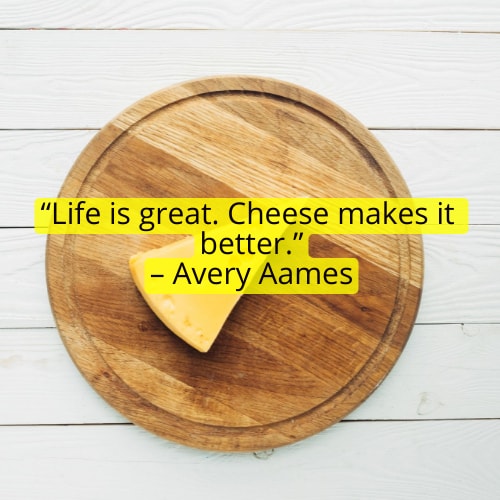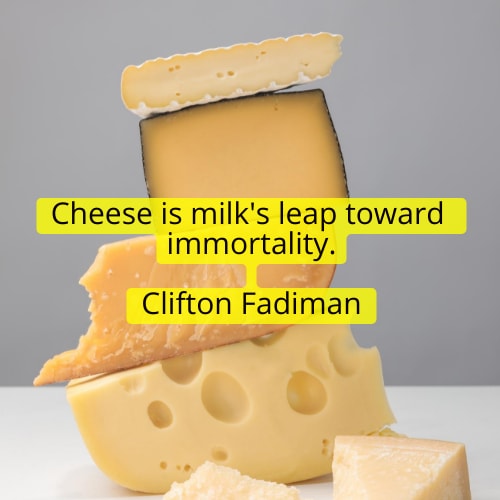Dairy cows at pasture produce better milk for cheese-making – study
The findings may not come as a surprise to advocates of the pasture-based system, but there is now more scientific proof that moving cows outdoors for at least part of the year can be beneficial for milk composition and cheese yield.
Italian researchers probed the milk of two groups of dairy cows to find out how moving the animals to pasture for three months in the summer affected the quality of the milk they produced – along with its cheesemaking properties – compared to that of their indoor-housed counterparts. Studies of this kind are few and tend to focus on udder health and the effects of pathogenic bacteria rather than the effects of milk microbiota and composition on cheesemaking properties.
The experiment, which lasted from June to October, was carried out at two farms in the Italian Alps in Europe – a permanent farm that houses cows indoors year-round, and a temporary summer highland farm where cows are kept at pasture.
Twelve Brown Swiss cows were chosen for the experiment and split into two groups of six. For the first and last month of the trial, all were kept together indoors at the permanent farm; between July and September, one of the groups was moved to the temporary farm, where cows were kept at pasture day and night. The indoor-only group was fed TMR while the grazing cows were given some supplementary feed according to milk production.
Samples were taken in each of the five months and split into two to test the bacterial content and key milk composition traits such as protein, casein, lactose, and fat, and how these affected cheese production.
Finally, the researches made full-fat ‘model cheese’ from each collected milk sample to determine any differences in yield.
More ‘good’ and less spoilage bacteria
According to the findings, the abundance of lactic acid bacteria in all milk samples didn’t vary notably during the first and last month of the trial, when all cows were kept indoors. But during July, August and September, there was a…
..


